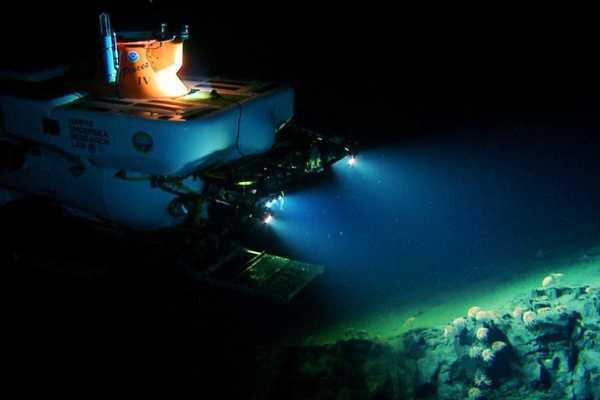Published on the 03/04/2017 | Written by Donovan Jackson

Technologists and politicians face off on automation, the future of work and, err, climate change…
Whether rational or not, the fear of automation and its putative impact on employment is very real. Even those in the tech industry who are creating automation solutions paradoxically fear the effects: a vendor representative at the recent Tech Leaders Forum in Australia said that his worry is that this time it will be different. “Don’t you think that because automation is now happening at a more advanced level, almost a thinking level, that it will drive out jobs?” was the question posed by Anthony Chia, who heads architecture and consulting at Epicon.
The company he works for integrates IT management tools to deliver a consolidated view of IT systems. That drives down the amount of work sys admins and other creatures of the IT department must do to keep a close eye on the many moving parts that keep businesses up and running.
Surely, then, Epicon should stop what it is doing immediately, as the efficiency gains which come with reduced admin will reduce the need for warm bodies in the cold recesses of the data centre?
The worry, therefore, is palpable. And that, explained Australian opposition politician Ed Husic, is what he needs to address for his constituents – not whether or not automation will drive out jobs, but instead the widespread perception that this will happen. “My constituents are mostly blue collar workers. Sure, some of them will adapt and become personal trainers or something else, but not all of them will or can. They are worried about what will happen,” he told iStart.
Husic’s electorate around the western Sydney suburb of Blacktown feared innovation talk as a job killer. He says that what is needed is a widening of the benefits of truly innovative thinking and practices to include outer urban and rural areas.
“The Turnbull Government figured it had won the sector over. And the $28m advertising campaign – heralding the ‘Ideas Boom’, with tactfully positioned posters on the outside of public toilets – would bringing the public on board.”
“Wrong. Since the July election, I pointed out that the Turnbull Government’s enthusiasm to the national innovation effort was flagging.”
“Coalition backbenchers complained how they couldn’t explain what innovation meant to their constituents.”
One company innovating with automation is TIBCO. At its recent Singapore NOW conference, CEO Murray Rode quipped that he doesn’t imagine humans will become obsolete ‘until the singularity’. “And we’ve got another 20 years or so before that happens,” he chuckled.
More seriously, however, Rode said there is a glass half full or glass half empty way to look at the progress which is happening as the result of the ‘Fourth Industrial Revolution’. “We’ve seen through the history of automation that it moves jobs, creating new jobs. The half empty view is that as automation moves to less of a focus on labour augmentation and more of a replacement of human functionality, is that it could start eliminating jobs.”
Rode hastened to add that as an automation and analytics company, TIBCO’s focus isn’t quite so far reaching (its revised strategic focus which came into play last year is on ‘connect everything and augment, not replace, intelligence). He also said, “We aren’t going to know for a while yet what will happen. Right now, we’re building technology to make things more efficient but not to automate human tasks, but we can expect this to evolve fast. I’m not willing to put a stake in the ground and say ‘this is going to be damaging’, but I do think it important that government and industry start to consider the re-skilling process. That’s a continuous challenge – to dampen the effect of technological change.”
And the glass half full?
“Well, in a world where we can automate analytical tasks, we can’t emulate empathy. That means service jobs in, for example, healthcare become more valuable as you can’t automate that. I remain an optimist; if we do it right [technological advancement] it generally improves the quality of life.”
There are more pressing issues to focus one’s worries upon, too, said Rode. “I don’t know where you stand on this, but I think climate change is far more likely to be a problem than automation is. You’re not going to worry about automation if half our cities are underwater.”



























